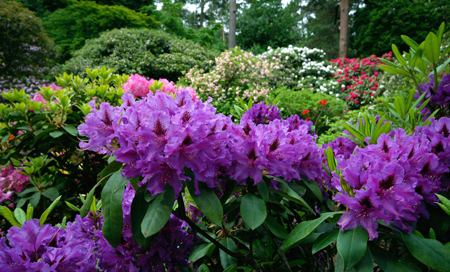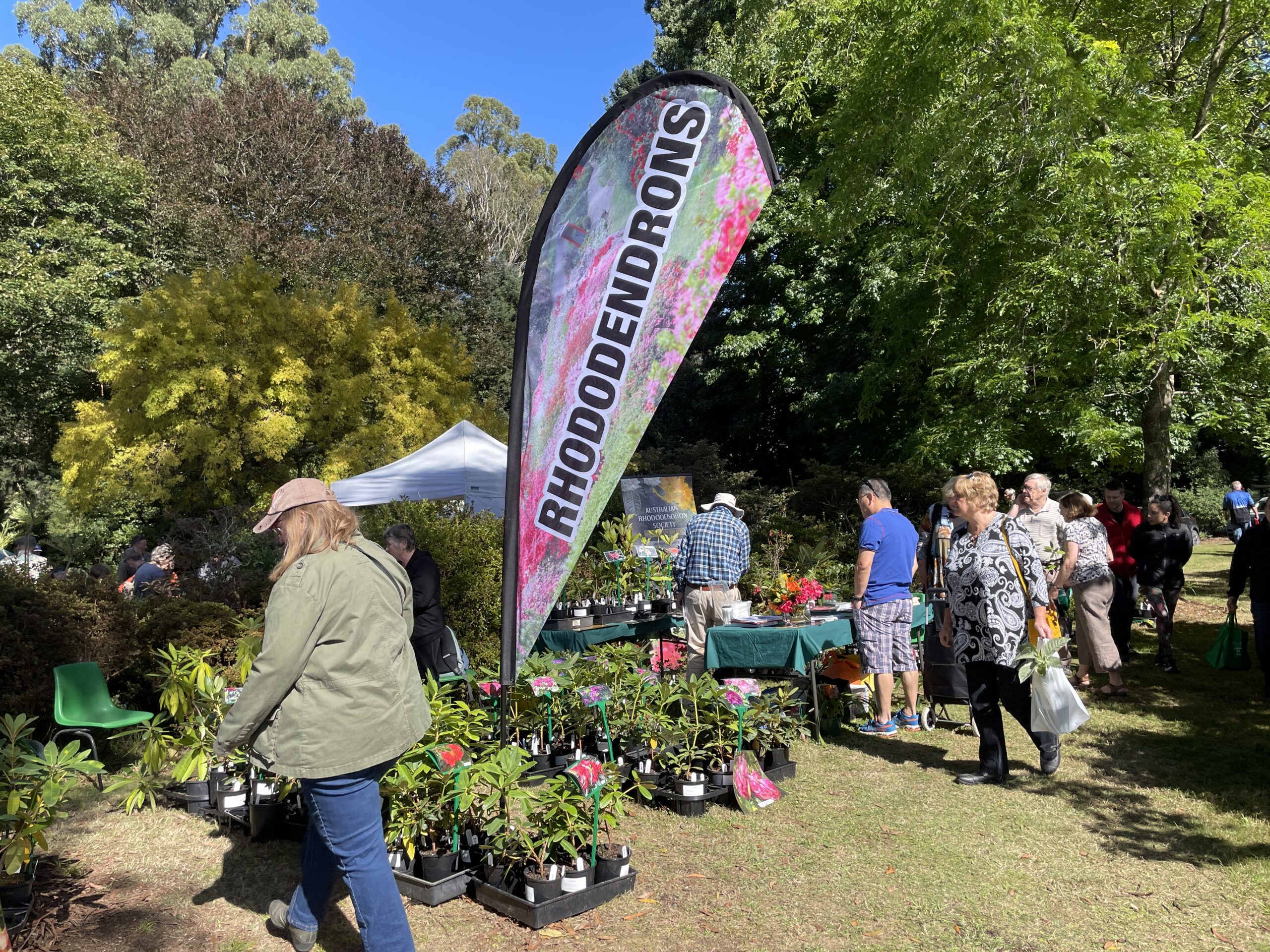ARS Victoria Newsletter – February 2019
NOT ALL BAD
We rarely hear of the use of rhododendrons as medicinal plants. You are more likely to come across reports of Rhododendron poisonings in the USA and toxic or inebriating honey made in the Caucasus. However, many species have been in traditional use as medicinal plants for centuries or millennia. ARSV cannot say whether any of these are effective but members might be interested in reading up on species such as Labrador Tea (R. groenlandicum) that is used for sore throats, chest congestion, lung problems, coughs and a range of ailments from kidney problems to cancer.
One species few of us are familiar with is R. anthopogon. This is a small shrub from 3,000 – 4,000 m in the Himalaya region occurring from Kashmir through Nepal, Bhutan and northern India to SE Tibet. It bears small white to pink flowers and occurs as two subspecies – R. a anthopogon and R. a. hypenanthum. The leaves are extremely aromatic and, mixed with ghee, used as incense in Tibet and Nepal where it is harvested in several regions. The leaves and fresh flowers are used as tea by Himalayan healers to aid digestion and appetite and relieve liver disorders, sore throats, colds and chest complaints. An essential oil, Anthopogon or Sunpati oil, is distilled from the leaves and flowers. This fragrant oil is used on the skin and hair and, according to Himalayan aromatherapy tradition, can be used for treating sore muscles and rheumatism.
Italian and Nepali researchers recently analysed and tested the oil for efficacy in its traditional role. They found the oil had a complex composition of at least 17 compounds of which pinene and limonene (no guesses as to what other plant species have these compounds) and cadinene (named after Cade Juniper Juniperus oxycedrus) together made up 60%. Interestingly, they found that it only had a limited effect as a skin anti-inflammatory but had a “significant killing effect against some Gram-positive (bacteria) reference strains: Staphylococcus aureus, Enterococcus fecalis, Bacillus subtilis” and “Mycobacterium tuberculosis reference strain and a clinical isolate of Candida, C. pseudotropicalis were killed by as low as 0.04% (v/v) essential oil”. More surprisingly. it showed some anti-cancer properties and was able to reduce proliferation of three types of cancer cells.
To read more download the newsletter


Latest Newsletters
- Emu Valley
- ARS Victoria
- Emu Valley
- ARS Victoria



